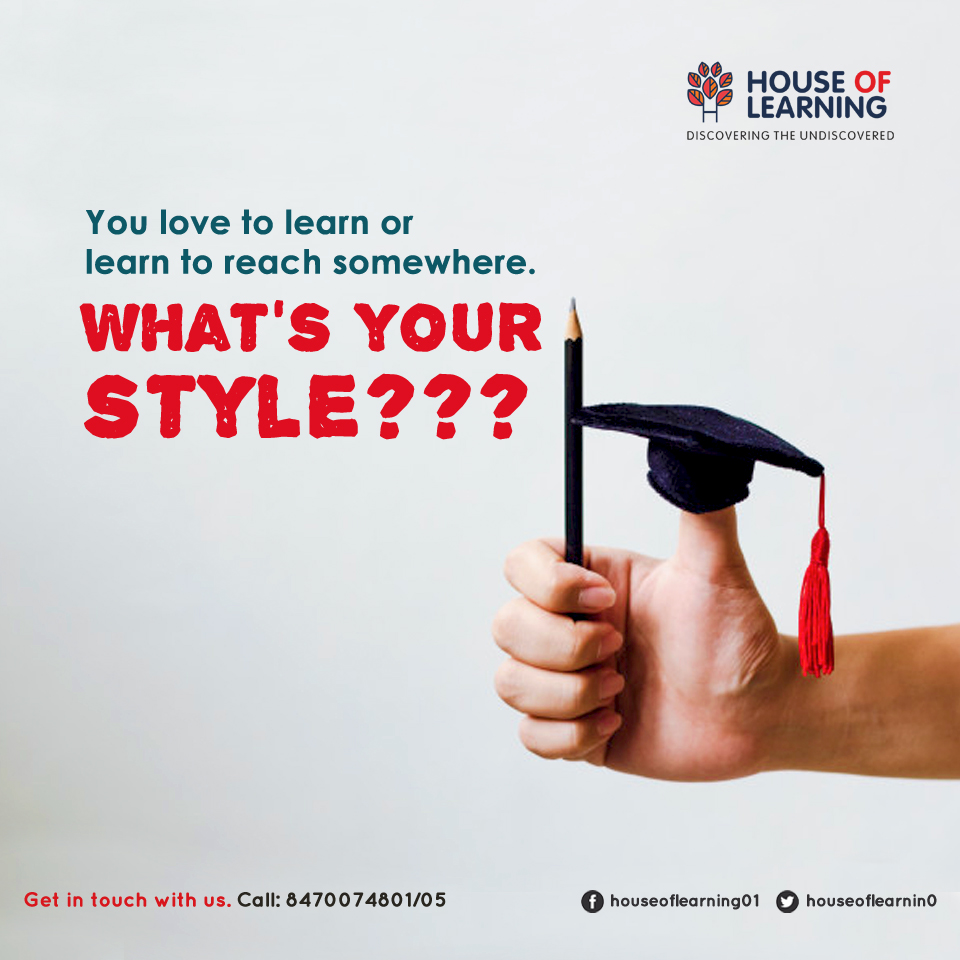I wondered what these kids did. I looked at each one, trying to guess his crime. “Maybe he robbed a store, maybe he killed somebody, maybe he was selling drugs.” Some people might ask, why would I want to write a story about juveniles in prison? Why would anyone want to read what these criminals have to say? Who cares? It’s easy to judge juvenile criminals as bad kids, but not so easy when you’re looking into the eyes of a teenager who is going to spend life in jail.
“I saw children who were charged as adults, they were just a little older than primary class children, and it ruined their lives,” Amar (juvenile’s name changed) said , “When you’re 13 and you don’t know when you will be out, it sets you up to be a criminal. Nobody is going to want to hire you. You’re going to be forced back to a life of crime.” After I got released from there, I was still on probation. I then started smoking pot, drinking, fighting, and skipping school. So I continuously and gradually got into more trouble.
I know there are victims of violent crimes whose voices go unheard. But recognize that some people who commit crimes have many reasons behind their actions. It’s a CYCLE. This is what happens to kids who didn’t have direction or anybody who cared, who had to learn about life the hard way. They were brought up this way so that’s how they’re going to treat others. Sometimes, it’s okay to give a voice to the “villains.” They have been victims too.
I could see most of them were from a broken home because of which they were hurt and and lost, and felt alone. They were angry/hurt at their family, for how they were treated and being around things and seeing things that a child shouldn’t have to see. They just needed to talk about everything that hurt them in their life and get it off their chest. They never wanted to let those feeling of hurt build up anymore and allow them to turn into anger.
The journey of diagnosing their MAP started here. One on one I met them all and felt, that the most potential resource on the planet is wasted.
The need is not only to guide them but to help them empty their cup. Their past experiences, their eco system, the information that they bare in their head, their perceptions, all needed a revamp.
They were hardly helped with their social skills and coping skills. How to deal with struggles that life throws or how to respond to a certain situation are like, not known subjects for them. To me their world is full of unresourceful sensory experiences. But the beauty is in finding their preferred representation system so that a needful change can be brought.
This is not only with them but with any human. Sometimes people are biased towards one sensory system, known as the preferred representational system or PRS. Phrases such as “I see your point” may signal a visual PRS. Or “I hear your point” may signal an auditory PRS. So we can detect this preference through language. And consciously use language to bring about a change in people’s thoughts and behaviours.
My journey is on, and I have been trying to design the framework that involves rapport-building, information-gathering, and goal-setting with them. I am sure this is going to be a breakthrough for them and for me as well.
IF THINGS HAVE HAPPENED IN A PARTICULAR WAY IN PAST
THAT DOSENT MEAN IT WILL BE THE SAME IN FUTURE.
THIS SHIFT OF THOUGHT IS REQUIRED AND A NEW BLUE PRINT IS POSSIBLE.





Leave a Comment